2025: HANDBOOK Employment law updates
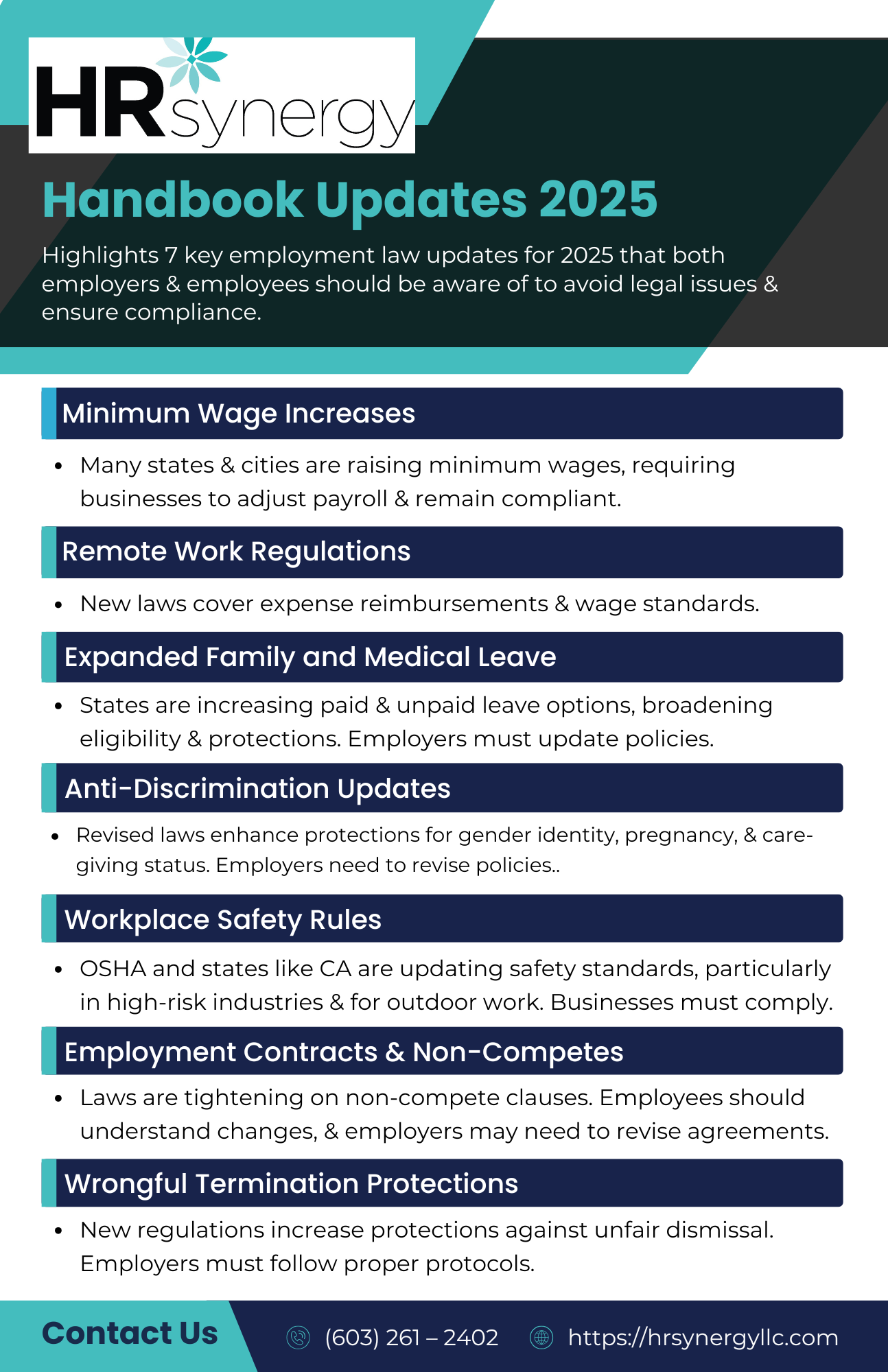 Highlights seven key employment law updates for 2025 that both employers and employees should be aware of in order to avoid legal issues and ensure compliance.
Highlights seven key employment law updates for 2025 that both employers and employees should be aware of in order to avoid legal issues and ensure compliance.
1. Minimum Wage Increases: Many states and cities are raising minimum wages in 2024, requiring businesses to adjust payroll and remain compliant. Employees should monitor their pay to ensure proper compensation.
2. Remote Work Regulations: New laws cover expense reimbursements and wage standards for remote workers, with states like California ensuring compensation for work-related expenses.
3. Expanded Family and Medical Leave: States are increasing paid and unpaid leave options, broadening eligibility and protections. Employers must update policies, and workers should know their expanded rights.
4. Anti-Discrimination Updates: Revised laws in various states enhance protections for gender identity, pregnancy, and caregiving status. Employers need to revise policies, and employees should understand their rights.
5. Workplace Safety Rules: OSHA and states like California are updating safety standards, particularly in high-risk industries and for outdoor work. Businesses must comply to avoid penalties.
6. Employment Contracts & Non-Competes: Laws are tightening on non-compete clauses, especially for lower-wage workers. Employees should understand these changes, and employers may need to revise agreements.
7. Protections: New regulations in 2025 increase protections against unfair dismissal. Employers must follow proper protocols, while employees should seek legal advice if terminated unjustly.
Understanding 2025 employment law updates is critical for businesses to stay compliant and for employees to safeguard their rights. Employers must stay updated on these changes to avoid legal consequences, while employees should understand their rights to ensure fair treatment in the workplace.
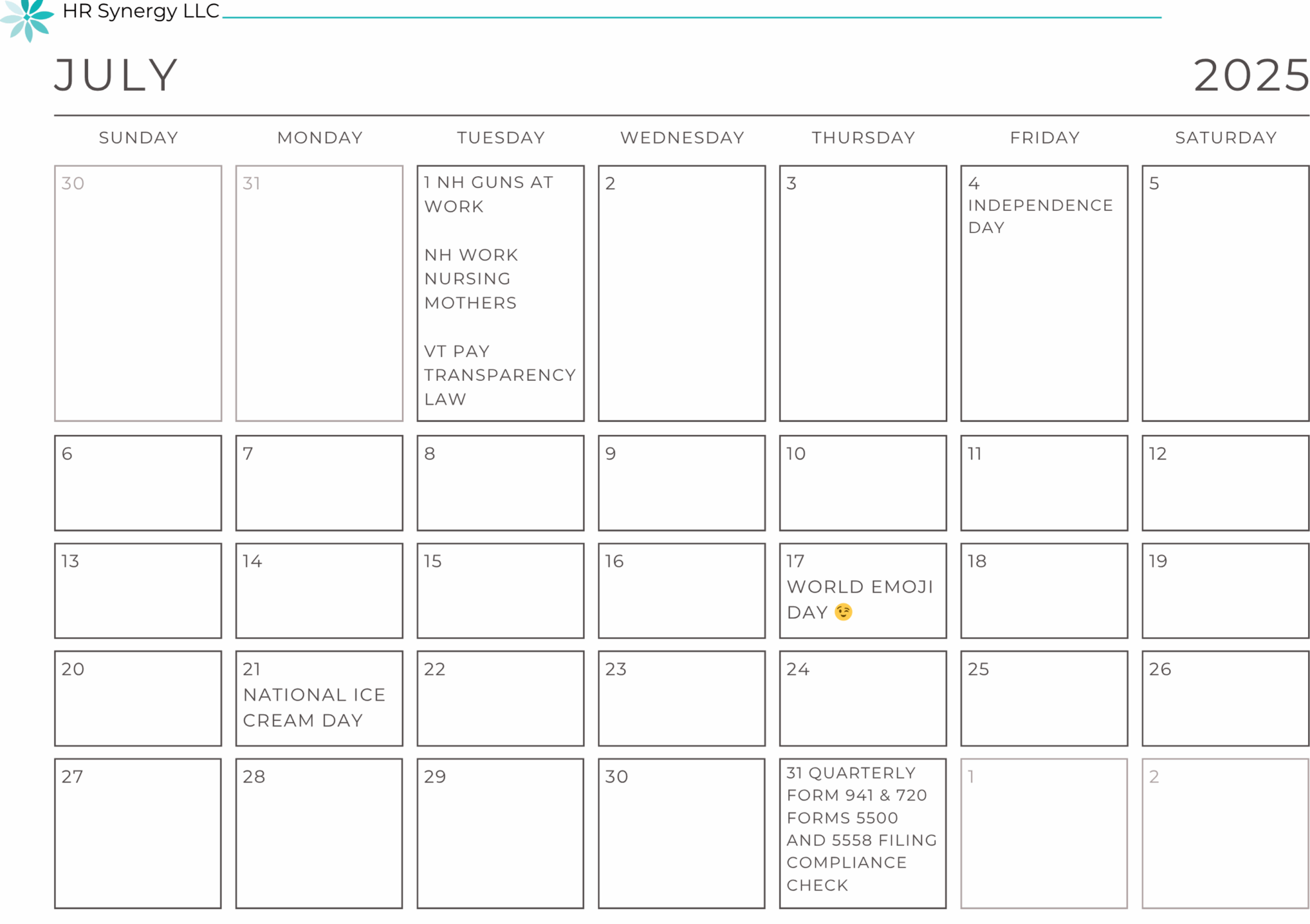 July Calendar
July Calendar
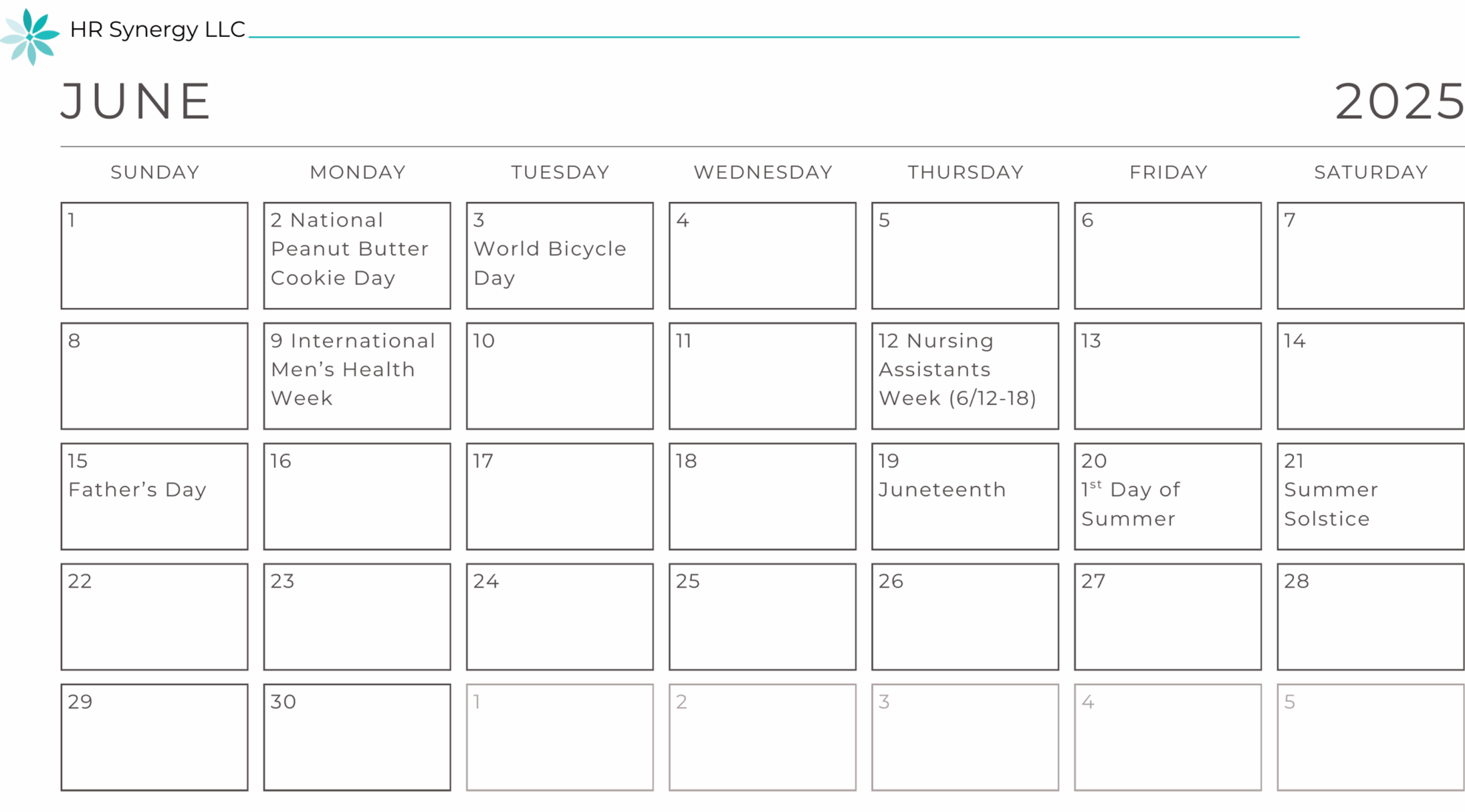
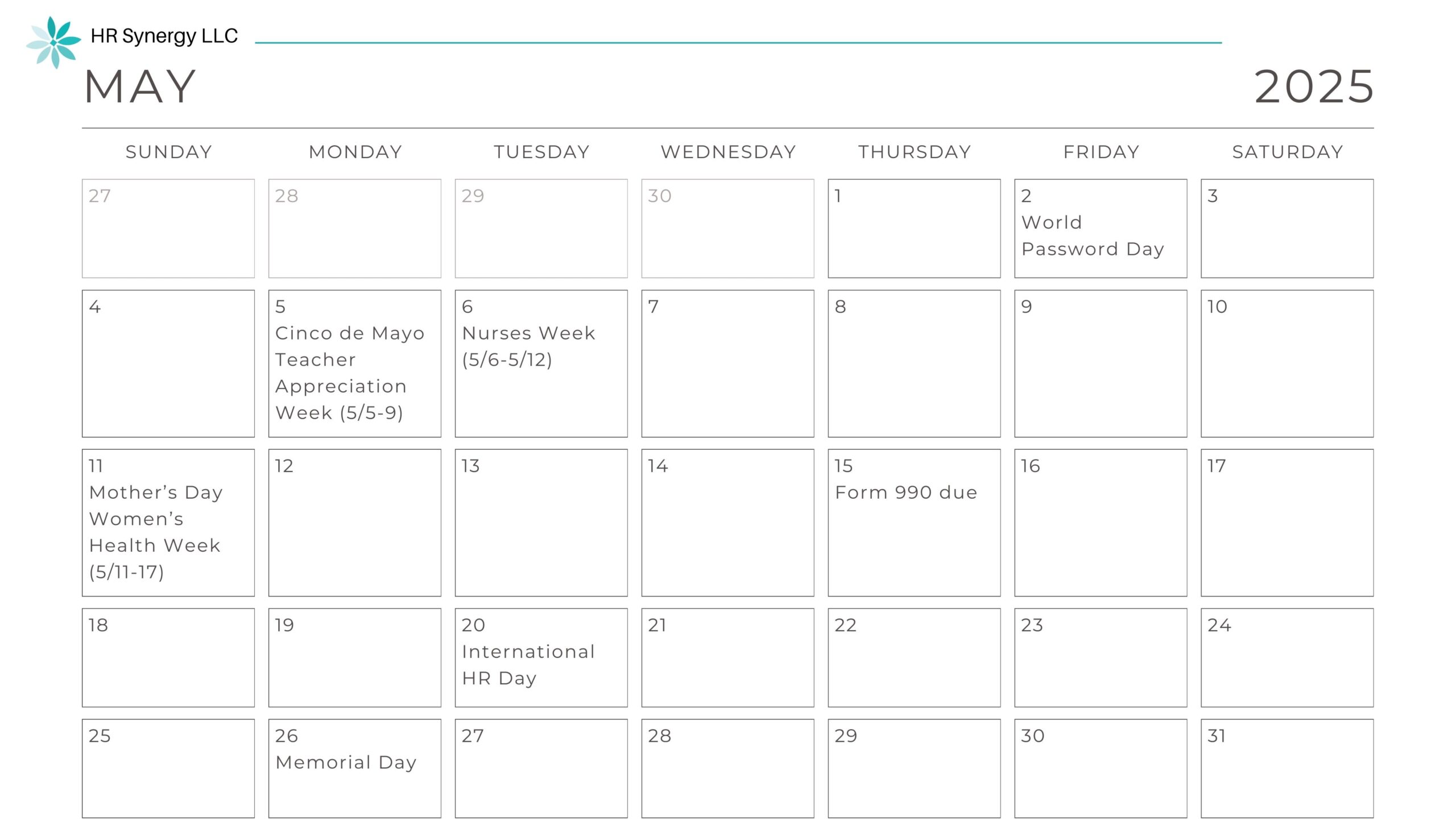

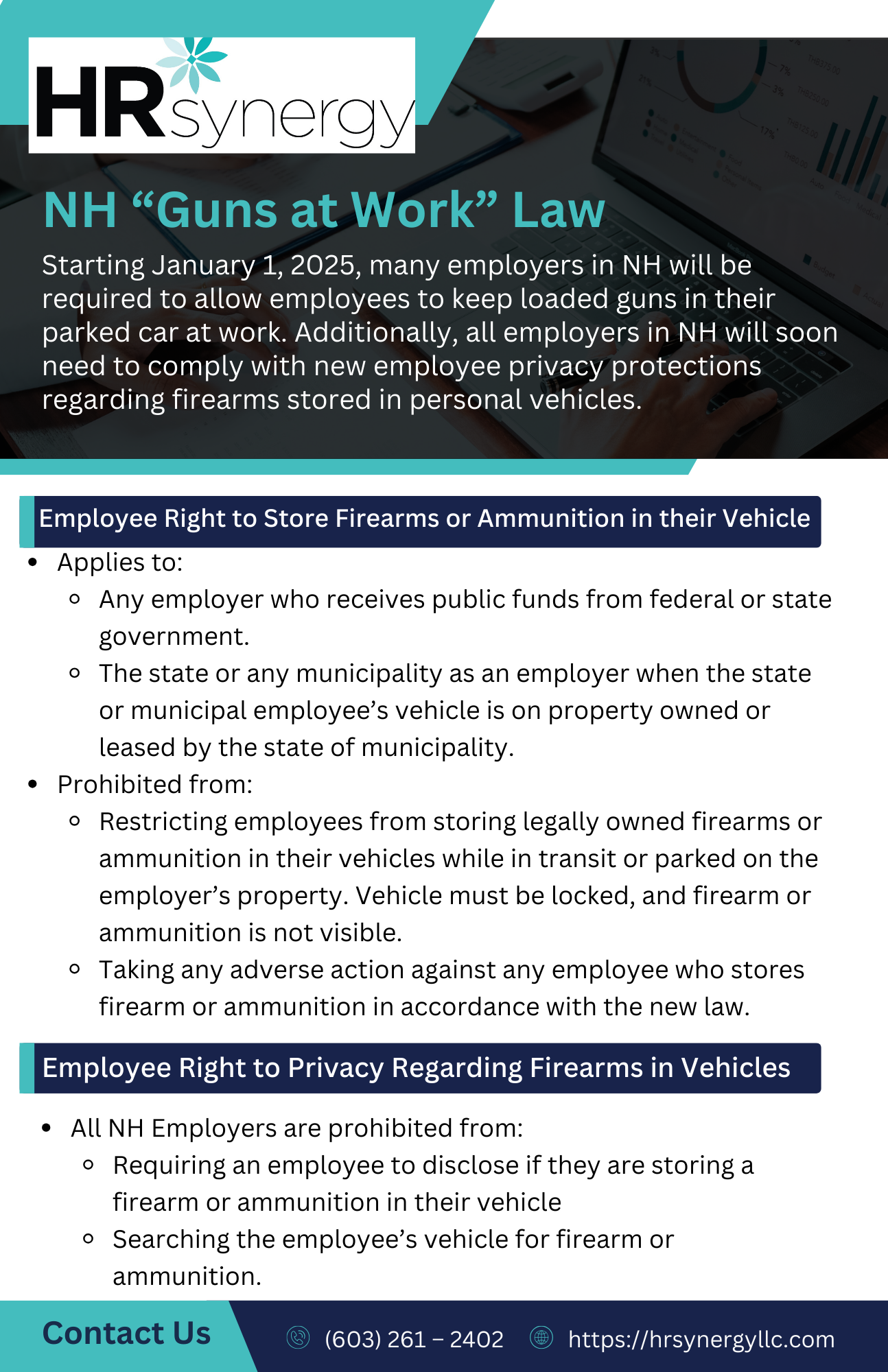 Many employers in NH will be required to allow employees to keep loaded guns in their parked car at work. Additionally, all employers in NH will soon need to comply with new employee privacy protections regarding firearms stored in personal vehicles. See attached for more information and don’t hesitate to contact us with any questions you may have.
Many employers in NH will be required to allow employees to keep loaded guns in their parked car at work. Additionally, all employers in NH will soon need to comply with new employee privacy protections regarding firearms stored in personal vehicles. See attached for more information and don’t hesitate to contact us with any questions you may have.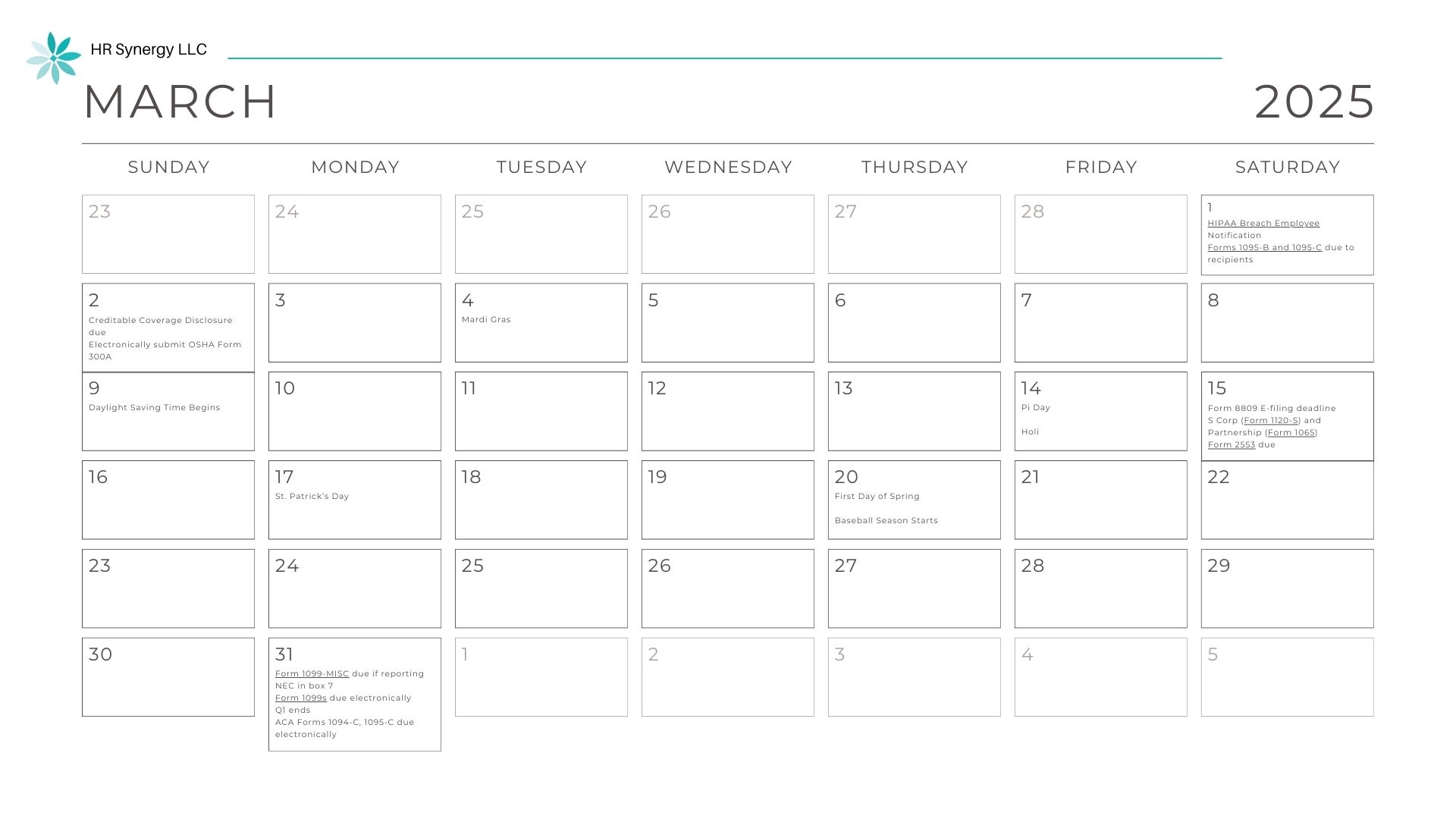
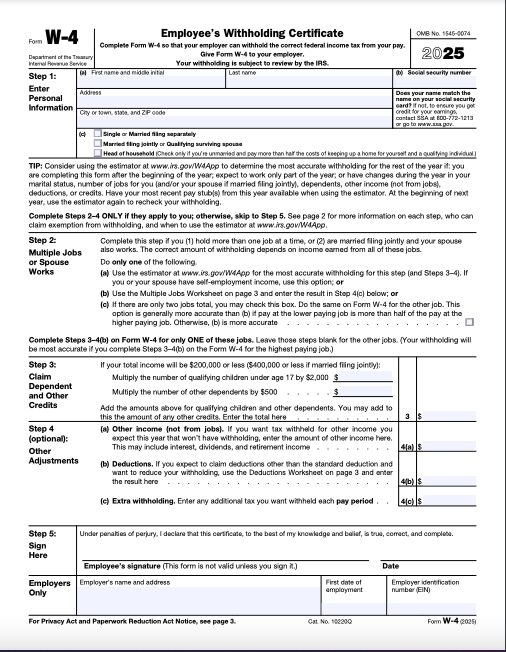
 Highlights seven key employment law updates for 2025 that both employers and employees should be aware of in order to avoid legal issues and ensure compliance.
Highlights seven key employment law updates for 2025 that both employers and employees should be aware of in order to avoid legal issues and ensure compliance.